Why Interior Design Is Important
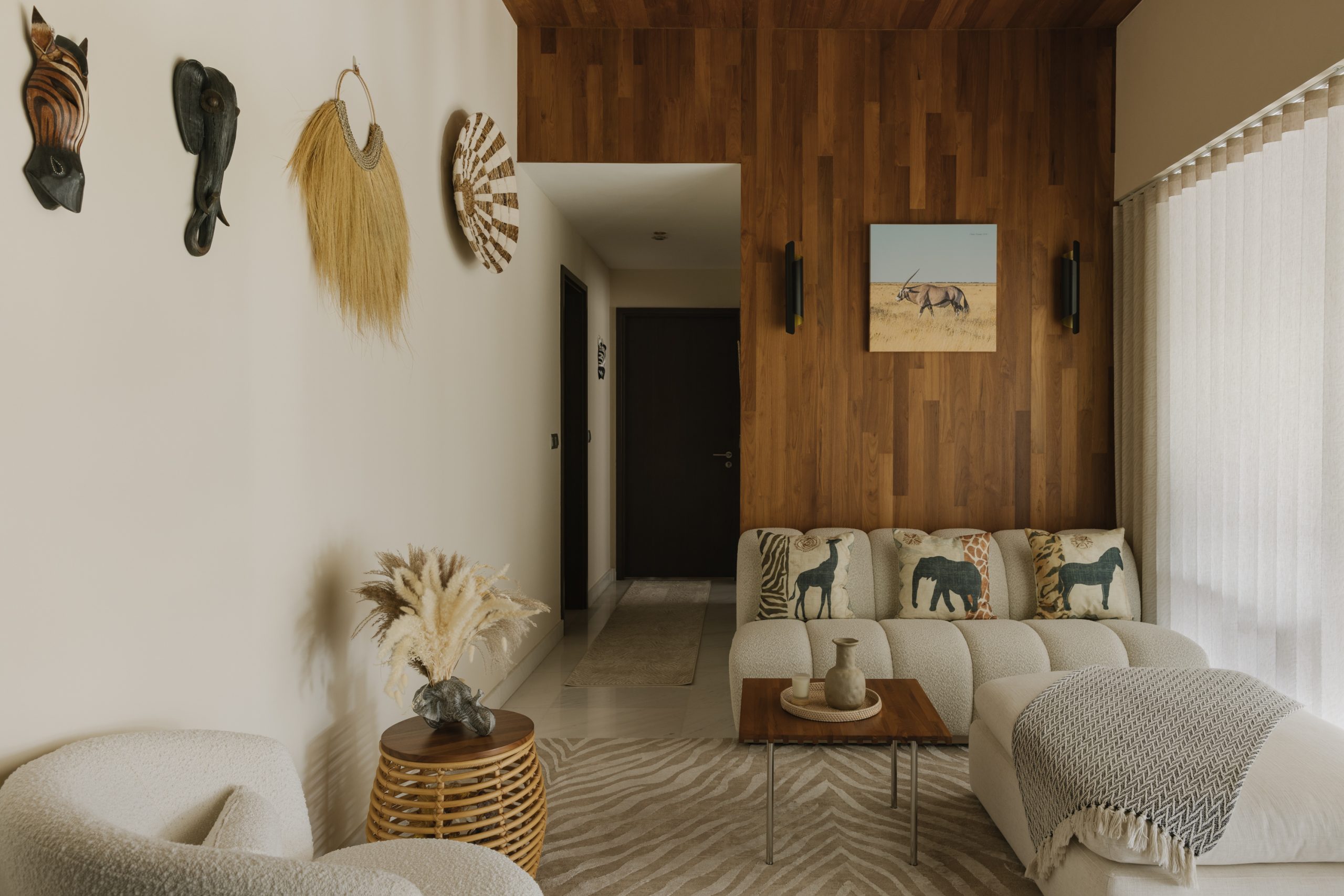
When we think about interior design, we often envision beautiful and aesthetically pleasing spaces. However, interior design goes far beyond just creating visually appealing environments. It plays a significant role in shaping our daily lives, impacting our emotions, productivity, and overall well-being.
From homes to workplaces, retail stores to hospitality venues, we are set in different spaces 24/7, and the power of interior design is subconsciously affecting our decisions. Why do some people choose to work in cafes rather than at home or co-working spaces? Why do some people choose Airbnb over hotels? Aside from the monetary aspect, the interior design and environment definitely play a part in our decisions. Let’s take a look at why interior design is important and how it influences our daily lives.
Enhancing Functionality
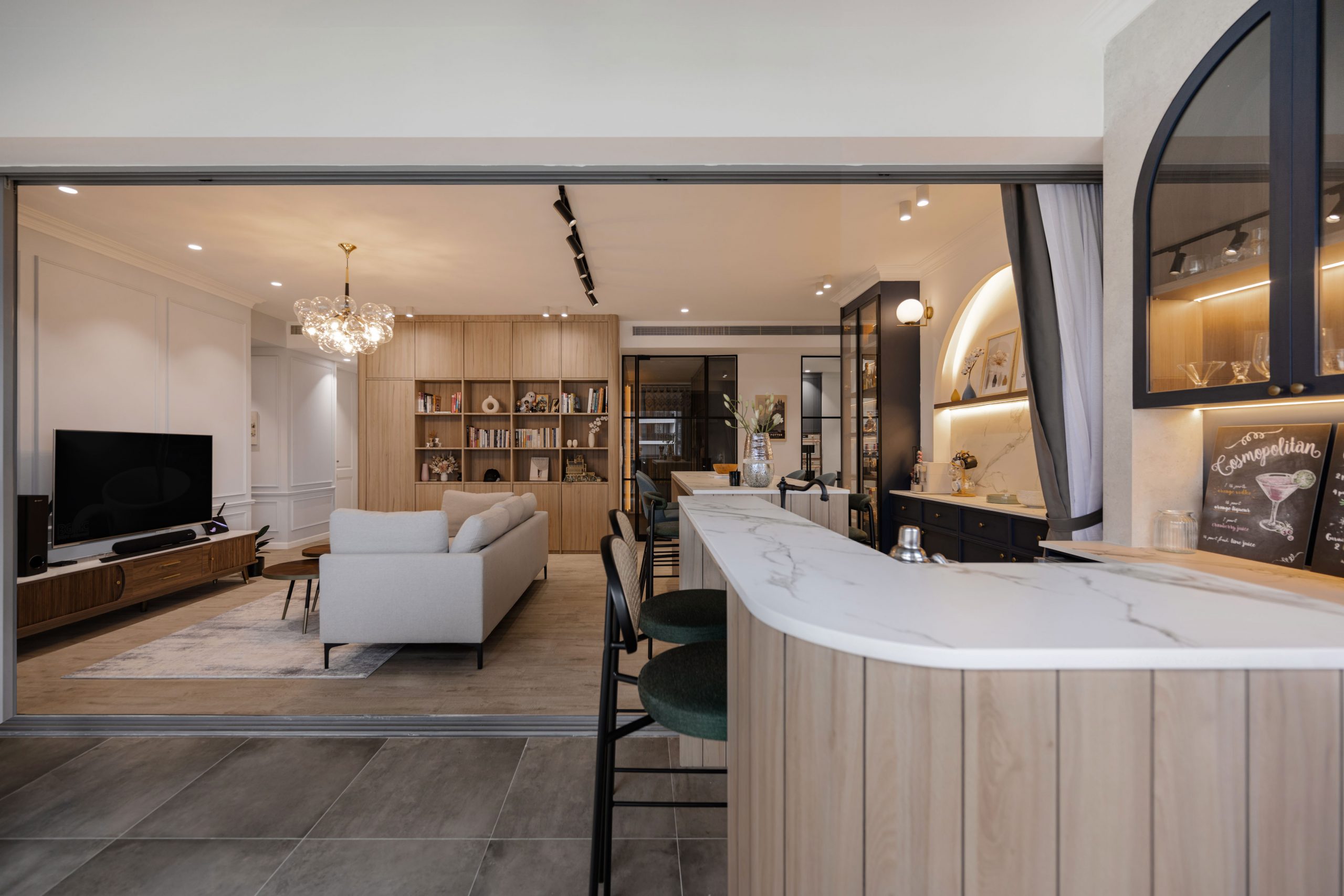
One of the fundamental aspects of interior design is to optimize the functionality of a space. A well-designed interior takes into account the needs and activities of the people using it. Whether it’s organizing furniture for better traffic flow or creating designated areas for specific purposes, thoughtful interior design ensures that spaces are not only beautiful but also practical and efficient. When spaces are well planned, the functionality of a space is optimized, which will improve our quality of life and mood. This brings us to our next point on space utilization.
With the growing global population and limited space, effective interior design becomes essential to make the most out of available areas. Small apartments, for instance, can benefit from smart storage solutions and multi-functional furniture to maximize space utilization without compromising on aesthetics. If you have a small space, having flexibility in your spatial design gives you more options to move things around when needed.
Improving Productivity and Creativity
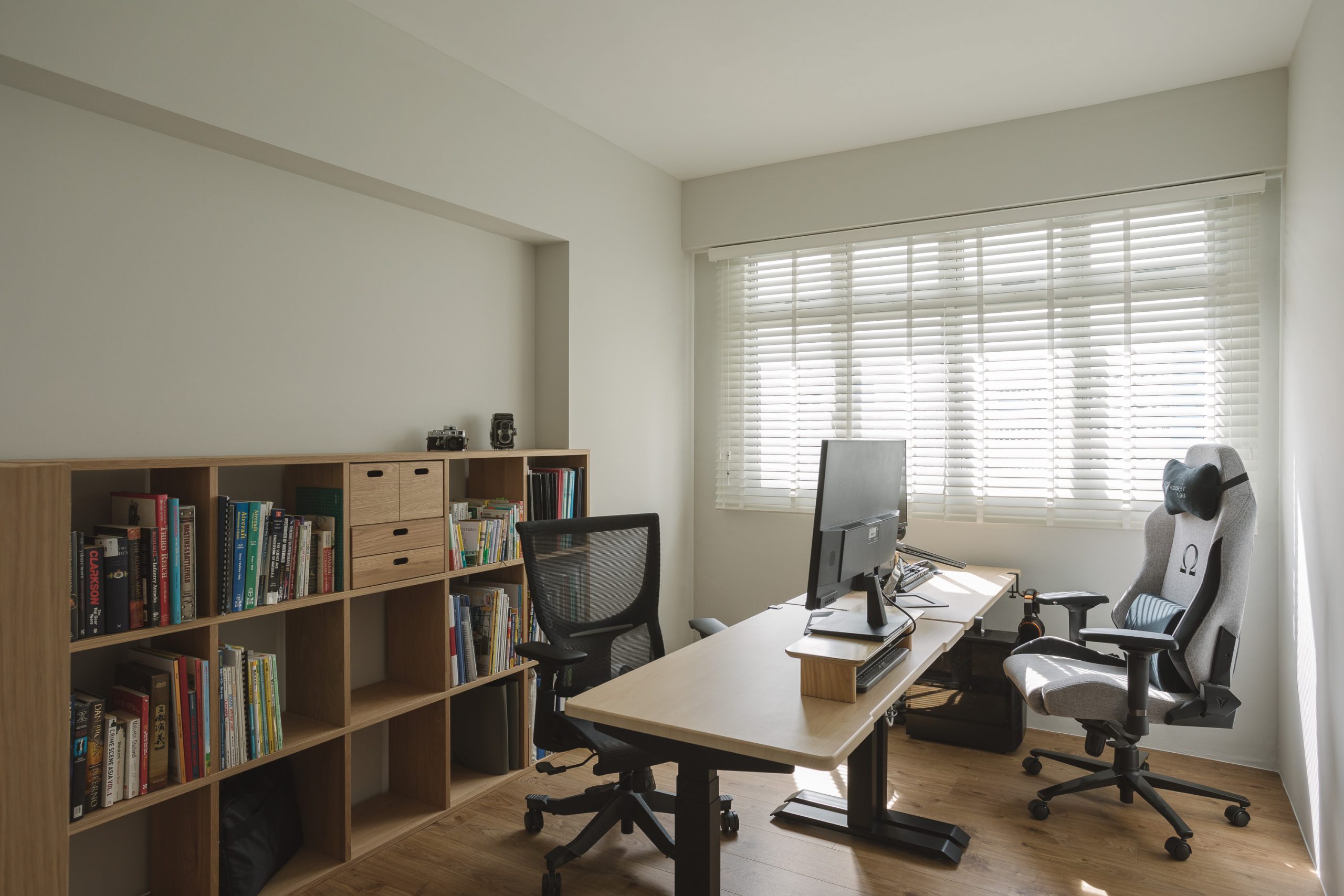
In work environments, the design of the space can significantly impact productivity and creativity. A well-organized and inspiring workspace can enhance focus and concentration, encouraging employees to perform at their best. If you have a home office, a room that has access to sunlight and optimal lighting can be beneficial for your health and performance. Moderate sunlight exposure helps you focus better, liven your mood, boost your serotonin levels and provides you with your daily Vitamin D intake. Alternatively, having an open and spacious workspace can cultivate an open mind. Displaying creative artworks or collectibles could also spark inspiration and lead to innovative thinking and problem-solving.
Reflecting Personal Style
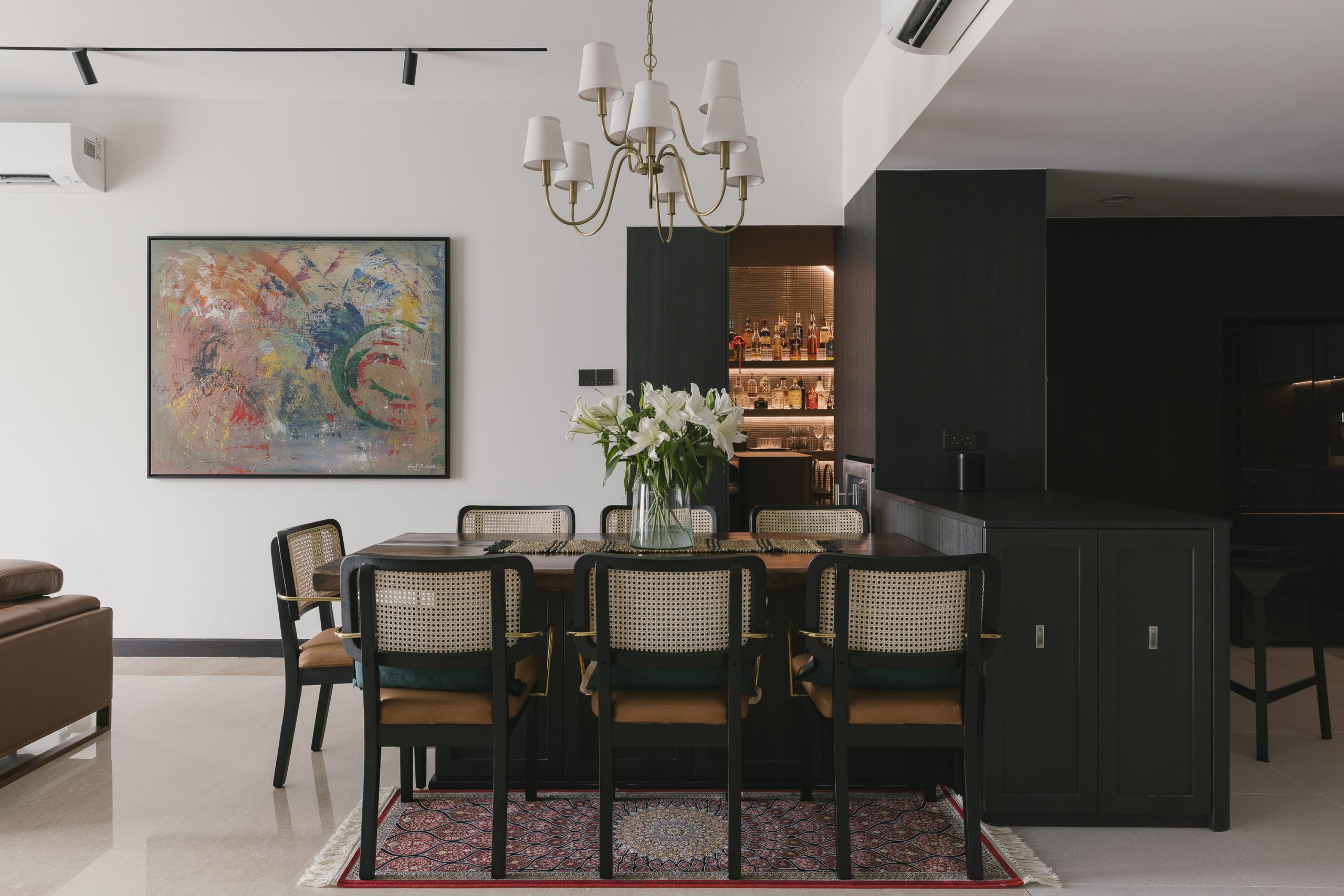
Through various social platforms, we can see a rise in short and long-form home apartment videos, where it becomes the online persona of the creator. Our homes and workplaces are like reflections of our personalities and values. Interior design provides a creative outlet for us to express individuality and design spaces that resonate with our unique tastes. Personalized spaces not only make us feel comfortable but also foster a sense of belonging and identity.
Elevates Mood and Well-being

Have you ever noticed how certain spaces evoke specific emotions? For example, when you step into a spa, or when you enter a boutique space. Interior design has the power to influence our mood and well-being. Bright and vibrant colors can create a sense of energy and enthusiasm, while calm and neutral tones can induce relaxation and tranquility. Stepping into a space that feels balanced, looks cohesive and smells good can positively impact our mental health, reducing stress and anxiety levels.
Safety and Accessibility
Interior design also encompasses considerations of safety and accessibility. Proper lighting, non-slip surfaces, and well-designed layouts contribute to a safer environment, especially for children and elderly individuals. It’s through the design details that can make spaces more inclusive and accessible to people of all abilities.
Boosting Real Estate Value
Whether it’s a home or a commercial establishment, the first impression is crucial. Interior design sets the tone for visitors and potential customers. A welcoming and attractive interior has the potential to significantly increase the value of a property, leaving a positive impression and instilling a sense of trust and credibility.
Whether it’s a residential property or a commercial space, attractive and functional interiors are highly sought after. Potential buyers or tenants are often willing to pay a premium for spaces that are well-designed and offer a pleasing atmosphere. Furthermore, interior design can contribute to energy efficiency and sustainability, making properties more appealing in an environmentally conscious era.
Fostering Social Interaction
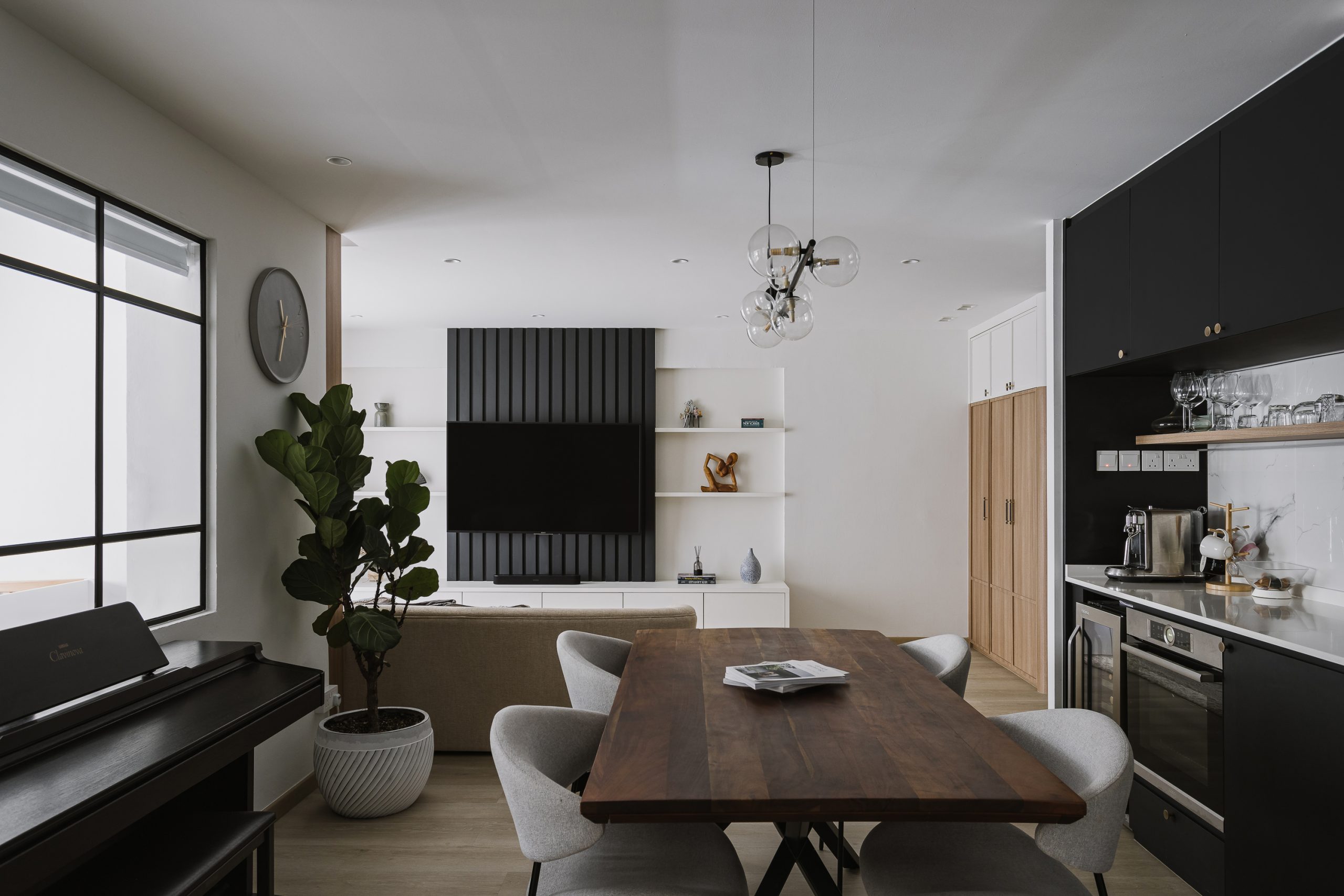
Be it your home, restaurants, cafes, or community centers, interior design can facilitate social interaction. The arrangement of seating, lighting, and overall ambiance can influence how people interact and engage with one another, fostering a sense of community and connection.
Interior design goes far beyond mere aesthetics; it is an essential aspect of our lives that influences our well-being, functionality, and self-expression. From promoting relaxation and productivity to reflecting personal style and adding value to properties, interior design plays a significant role in creating spaces that enrich our lives. By appreciating and investing in thoughtful interior design, we can create spaces that improves our lives and bring positivity to our well-being.
CONSULT OUR DESIGNER
-
17 March 2025 DESIGN INSPIRATIONHOME TOURTIPS & GUIDES
Dreamy Bathroom Ideas To Design Your Personal Oasis
-
12 March 2025 DESIGN INSPIRATIONTIPS & GUIDES
Executive Maisonette Makeover: 5 Design Ideas to Elevate Your Home
-
14 February 2025 DESIGN INSPIRATION
5 Ceiling Design Ideas for a Visually Striking Home Interior
-
11 February 2025 HOME TOUR
Top Kitchen Materials for Interior Design in Singapore: A Renovation Guide
-
11 February 2025 HOME TOUR
Top 4 Flooring Options for Modern Luxury Interior Design in Singapore
-
11 February 2025 HOME TOUR
4 Chic Interior Design Ideas for 3-Room HDB Flats in Singapore






 BACK TO BLOG
BACK TO BLOG